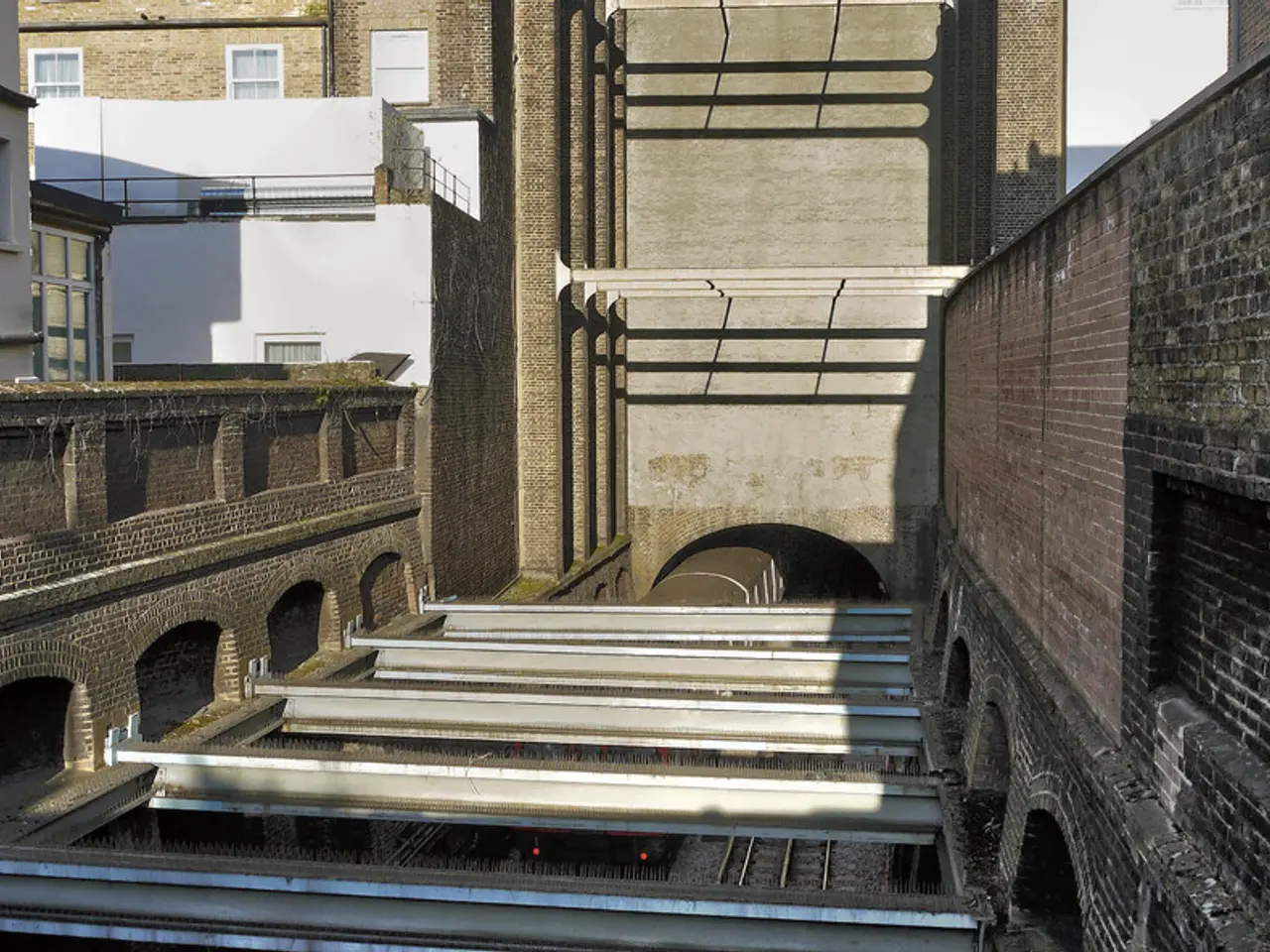Businessman voices disapproval over border regulation in Poland
The intensified border controls at Germany's external borders, implemented after the inauguration of the black-red federal government in May, have caused efficiency and reliability challenges in cross-border traffic between Germany and Poland. These controls, which have been extended through at least early October 2025, aim to curb irregular migration and enhance security but have led to frequent delays and traffic congestion at key crossing points.
Detailed impacts include:
Efficiency
The installation of fixed border posts and intensified checks have slowed down traffic flow, causing delays and jams at crossings such as Frankfurt (Oder), Forst, and Ludwigsdorf on the German-Polish border. Freight and passenger transport experience longer crossing times, affecting logistics and daily commutes.
Reliability
The selective and risk-based controls strive to minimize disruption, particularly for EU citizens and freight transport; however, unpredictable and extended checks undermine the reliability of cross-border movement. Businesses and commuters face uncertainty about crossing times and access.
Infrastructure
The establishment of fixed control posts represents a shift from mobile to stationary checks, requiring new physical infrastructure that may reduce throughput capacity and demands additional personnel. This infrastructure strain increases operational costs and can necessitate upgrades to manage traffic flows better.
Political and Legal Context
Both Germany and Poland justify these controls by citing migration pressures and security threats, extending measures allowed under Schengen rules during emergencies. While these steps are legal under specific EU provisions, they challenge the Schengen principle of free movement and have been met with criticism.
Jan Tombinski, head of the Polish embassy in Berlin, stated that the border controls mainly affect millions of Poles and Germans who cross the border daily for work or tourism. Tombinski also called for better cross-border transport connections between Germany and Poland due to the weaker infrastructure at the German-Polish border.
In response to Germany's border controls, Poland has extended its own border checks, originally planned to end on August 5, until October 4. The current border controls between Germany and Poland are criticized by Polish business representatives, who argue that they disrupt supply chains and destroy punctuality and reliability.
Asylum seekers can now be rejected at the border in Germany, a move that has been met with controversy and debate. Tombinski downplayed concerns about the oil find near Usedom, stating that drilling will not start tomorrow.
In conclusion, the border controls have led to reduced border crossing efficiency and reliability due to increased processing times and congestion, necessitating infrastructure adaptations to manage higher operational demands while balancing security and the EU's free movement ideals. The situation remains dynamic as authorities periodically assess the necessity of controls based on migration and security data.
Read also:
- Court petitions to reverse established decision on same-sex marriage legalization
- Commemoration of 200 Days of American Resurgence Unveiled
- Minister Bärbel Bas expresses doubts about her tenure as a minister following a recent interview during the summer.
- A Tale of Two RussiansGate Notable Figures: Focus on Mike Davis






